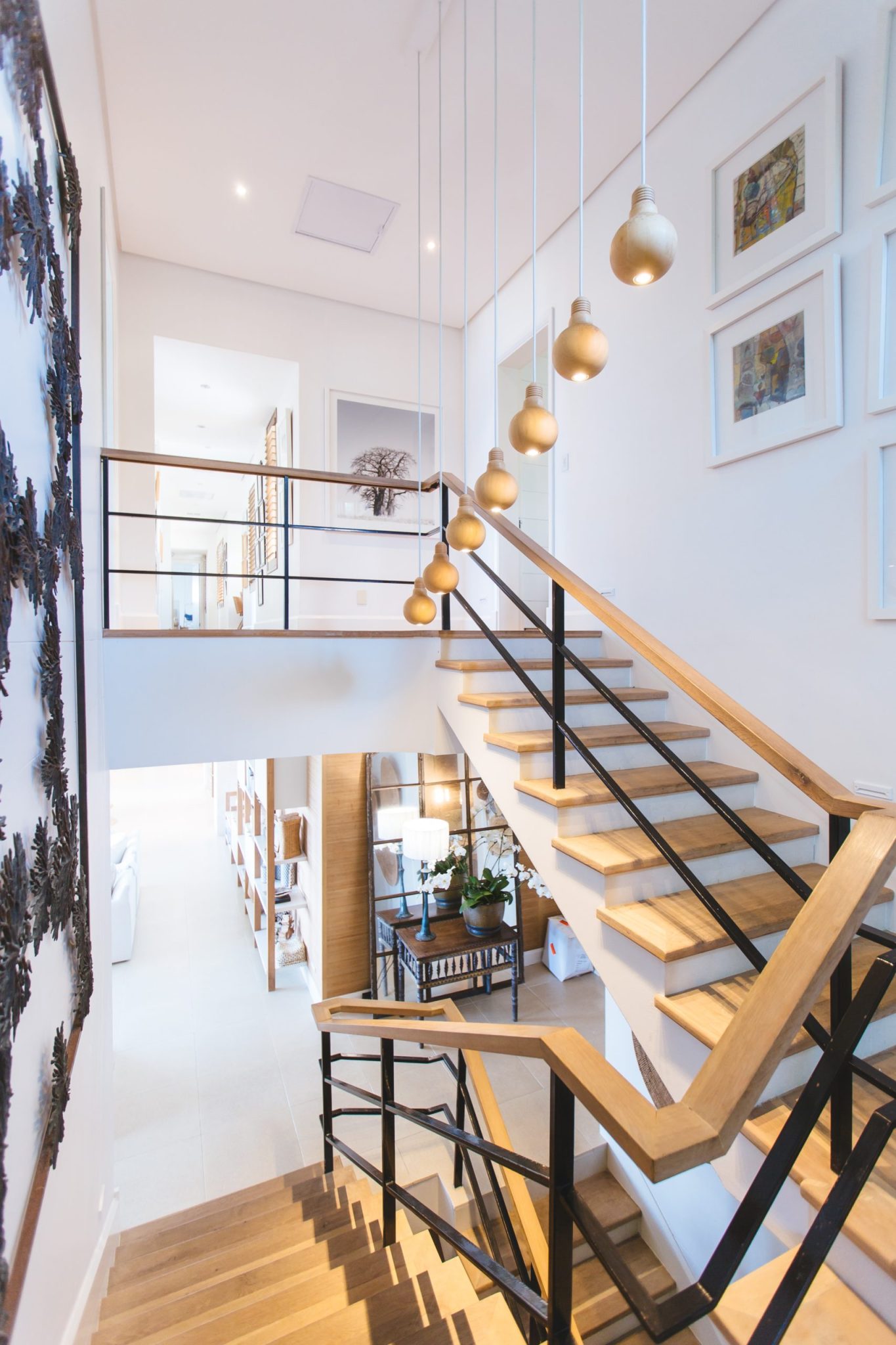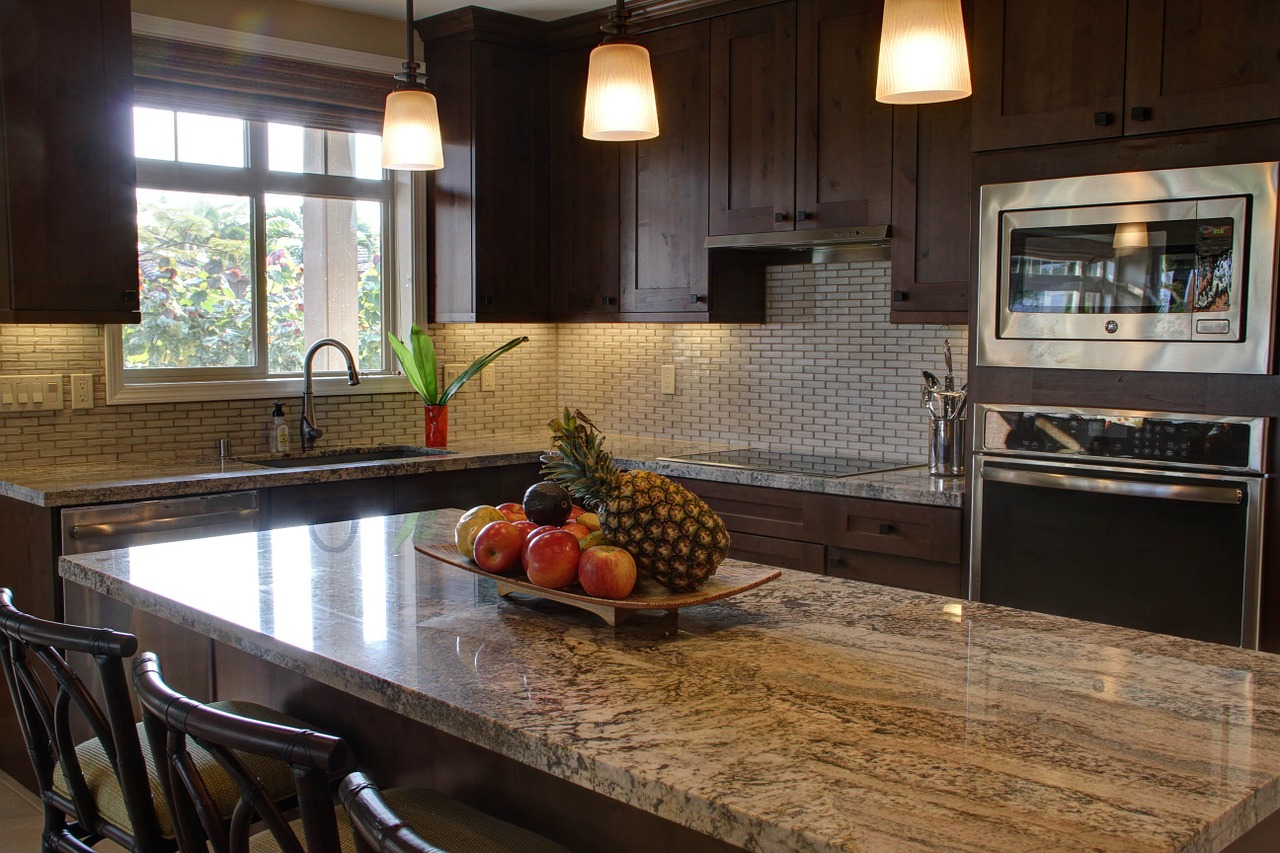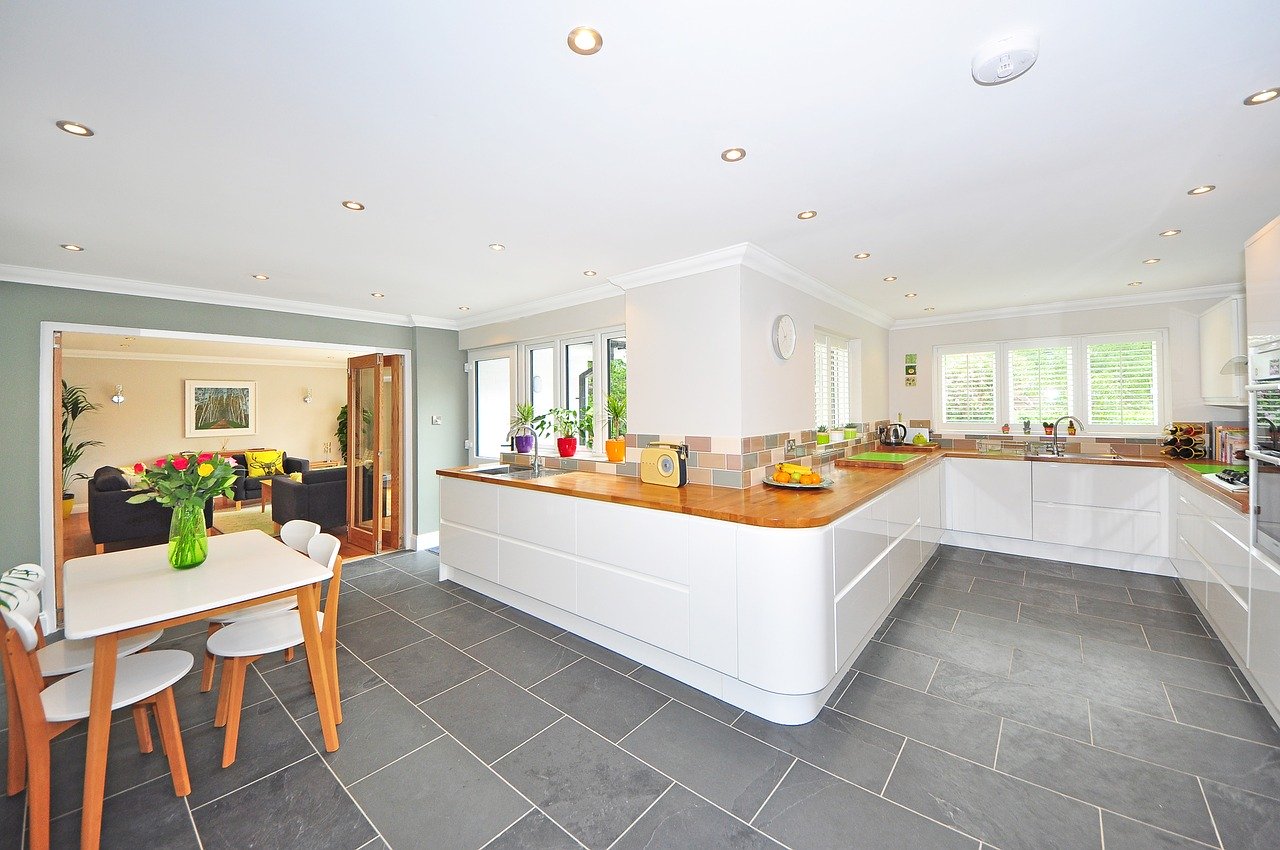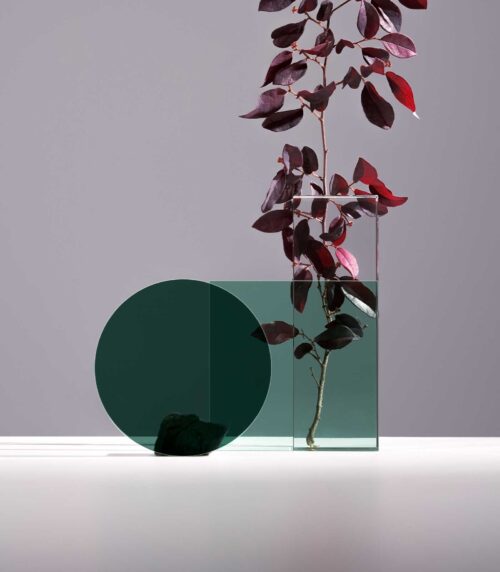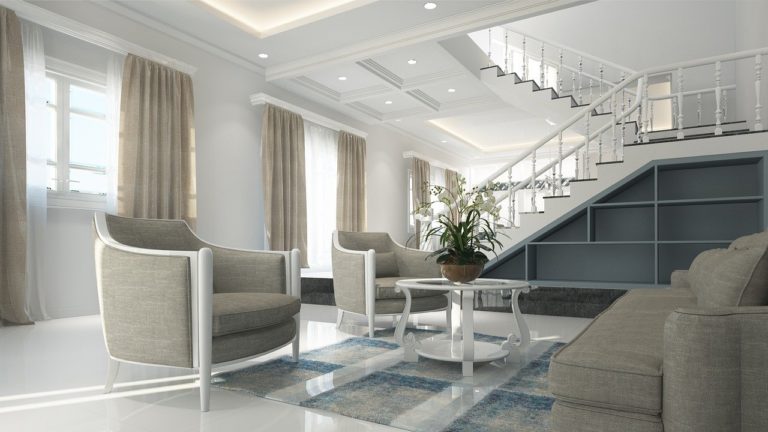
Life works in mysterious ways and there is no set time for when anything should or will happen to you. You may get the opportunity to decorate your home living room or remodel your parent’s kitchen one day and realize that you actually have a great eye for interior design. But before you dive into the thick of the crowd and start marketing your interior designing services, there are a few things that you should know and always keep in mind. Every adventure, while has its thrills, comes with a host of challenges. How to become an interior designer is something really important if you are inclined towards designing. Interior design requires a lot of proficiency and creativity to make things look beautiful. Here are 10 things you should know about how to become an interior designer:
BEST INTERIOR DESIGNER:
1. THE INSTINCT AND INSPIRATION
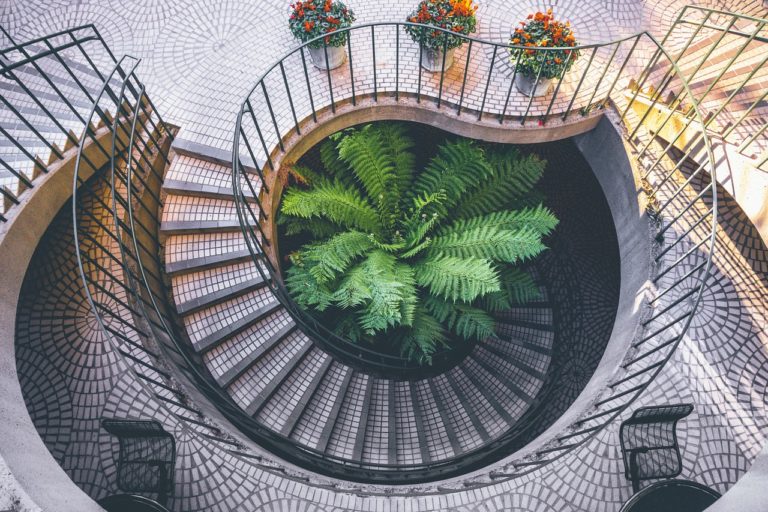
To begin with, not everyone can become an interior designer. You need to have an instinct or innate eye for just the right scale, perspective, color, and patterns to become a successful designer. This passion and love for what you are doing is what will drive you to achieve more and more everyday.
What’s The Difference Between an Interior Decorator and Designer?
2. DECORATORS vs. DESIGNERS


Where interior decorators are individuals who simply decorate or embellish spaces using various fabrics, colors, and patterns, interior designers are a different breed. Designers have education and knowledge regarding the concepts and ideas that constitute basic architectural and aesthetic design. You need to have an associate or bachelor’s degree to pursue a career in interior design as a professional.
INTERIOR DESIGN TIPS:
3. YOU NEED YOUR SKILLS

While it may have been incredibly fun decorating your living room, pursuing interior design professionally will take hard work and effort. You will have to invest time into educating yourself regarding the history and the modern sphere, studying the concepts of design, and familiarizing yourself with the skill set you need to be successful.
4. YOU ALSO NEED YOUR PEOPLE SKILLS

When it comes to the world of interior design, communication is key. Many clients that you will work with will have either too many details or too vague an idea, some may be very picky and finicky while others may leave it all up to you and your expertise. That is why you need to use your people skills to communicate efficiently with these people regarding goals, requirements, and balance.
5. DESIGNING A PORTFOLIO

Your portfolio will be one of the most important tools that will help you get projects, build a customer base, and establish your reputation as a legitimate interior designer. Your portfolio is a showcase of your skills, abilities, and success so far. It acts as a tangible proof of your talents and builds a client’s trust towards hiring you.
6. KEEPING UP WITH THE COMPETITION

Just like any other business in the contemporary industry, interior design is a tough field to crack into and stay relevant in. You have to make an active effort to grab clients, build an impressive portfolio, garner a bunch of experience demonstrating a plethora of skill sets, and stay up to date on the latest trends in interior design.
7. EMPTY POCKETS OR HEFTY POCKETS?

If you are just starting out as an independent designer, do not expect to be rolling around in money. If you are working for an interior design firm or company, it depends on their status and caliber how much you earn. So always keep your expectations realistic.
8. CAPITALIZING ON TECHNOLOGY

We live in a cyber world where the internet and technology has made almost everything so accessible to us. Using this as your means, you will be surprised to know that you can propagate and conduct your interior design business from anywhere in the world using virtual room design tools that are becoming more and more popular.
9. THE LEGAL SIDE

While the actual designing process is exciting, you also have to cater to the more boring, legal aspect of becoming an interior designer. You must be aware of all the laws and codes that apply in your locality in regards to electricity lines, plumbing, load bearing etc.
10. NOT JUST YOUR PROJECT

At the end of the day, the most important thing to remember is that it is not just your project. You are acting as a vessel or means to help execute the dream design of a client. That is why it is extremely important to always take their opinions and ideas into consideration and use their requirements and desires as a guide for your design.
Stay in the loop
Subscribe to our free newsletter
* By submitting my data I agree with your Privacy Policy
